-
English football doomed forever despite U21 success
15.11.16 10:47
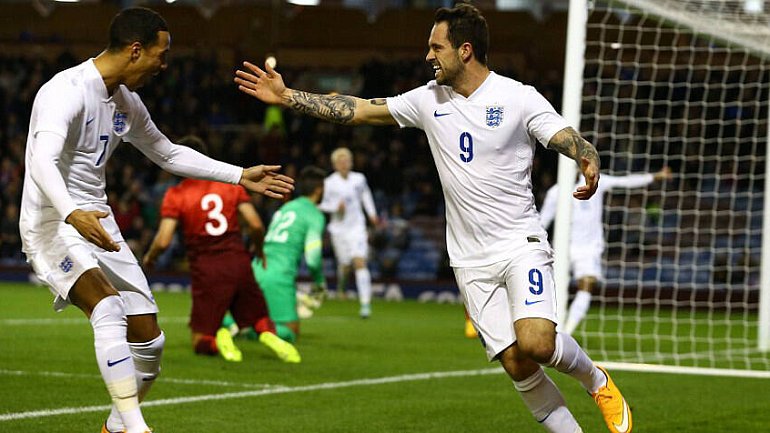
England U21s continued their fine recent form with a 3-2 win in a friendly over their Italian counterparts on Thursday. In the last few months we have seen England do exceedingly well in youth football, winning the prestigious Toulon Tournament for the first time in 22 years back in May whilst they are also currently top of their European Championship qualification group.
So, why are we seeing the U21 side pull off these magnificent results yet the senior team struggle?
No Bridge
A primary reason for this is the lack of a clear pathway between youth football and first team football in the English game.
The England U21 side is filled with a number of players from Premier League academies with just a few in club first teams on a regular basis. Although most of these players are still some distance away from their clubs' first teams, this is not a problem at U21 international level where coaches are simply looking for raw talent. Additionally, U21s tend to be playing against opposition players who also lack first team experience — hence why they are not overawed.
However, this is where the problem starts.
It is all very well being in an academy and learning when you are young but there is a time where a player needs to progress and start playing regular first team football. Invariably they are not given this playing time at their Premier League clubs when they start to get older and so progress stalls.
This is unlike in Germany and Spain (who England find themselves constantly looking up to), where young players are given an opportunity to play first team football at the major clubs.
A perfect example is German forward Thomas Muller. The Bavarian native was still playing youth football a year before World Cup 2010 (where he won the Golden Boot) but was given an opportunity at Bayern Munich which allowed him to add first team experience to his undoubted talent. This has resulted in him becoming one of the world's best players.
This is very rarely the case in England.
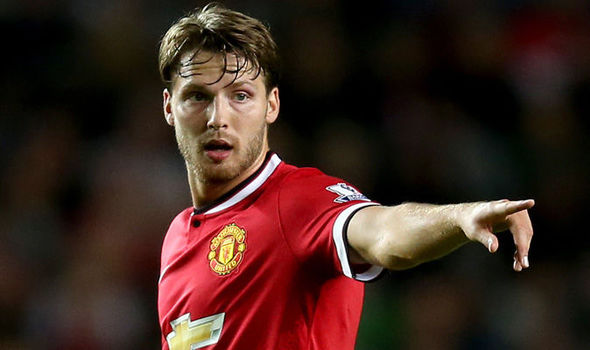
A prime example of this is midfielder Nick Powell. The 22-year-old came through Crewe Alexandra's famed youth system, headed by club legend Dario Gradi, and was quickly snapped up by Manchester United in 2012.
Lots had been spoken about Nick Powell, with many seeing him as a possible saviour of English football (classic English overhype). During his time at Crewe and at Manchester United, Powell was a regular for the England youth teams, putting in good performances and it seemed he was destined for the seniors.
However, there was no bridge to allow Powell to cross into the first team and thus he faded.
Powell was never given a chance at Manchester United which meant he was unable to make the leap from U21 football to senior level for England. United eventually chucked Powell on the scrapheap this summer and sold him to Championship side Wigan Athletic. Another great prospect down the drain.
Many will be surprised at Manchester United's behaviour here. This is a club with a great reputation of bringing through young players such as the Busby Babes in the 1950s and the Class of 92 in the early 1990s. Now though, they are behaving just like everybody else.
People will point at Marcus Rashford and how he was given a chance last season. However, this is just one player. There are plenty of players as good as Rashford who will not be given the chance.
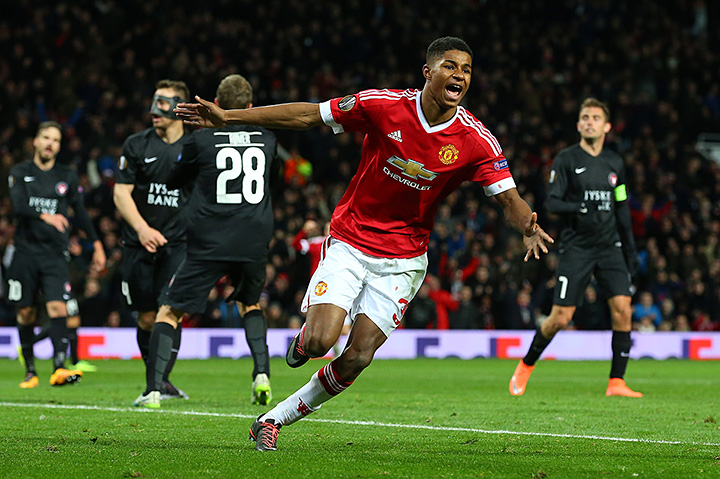
Furthermore, I am somewhat cynical about the Rashford case. Whilst it is clear that the forward has talent, he got to where he is now through pure luck rather than through good planning.
Manchester United manager Louis Van Gaal had chucked Rashford in to a Europa League match against Danish side FC Midtjylland due to an injury crisis. This was not the club carefully working the pathway for him but rather a sign of desperation. Thankfully for Rashford, and England, he took his chance and has not looked back.
Whilst the discovery Rashford has allowed England to have a good quality player in the ranks, I wonder just how good this accidental find is for England in the long term.
As previously mentioned, Rashford was incredibly lucky in that he was presented with an opportunity at a top Premier League side and took it. He did not have to go through the hard graft of loans to the lower leagues in order to learn the game.
Does this now mean that other young players will be happy to sit in their plush Premier League academy training centres thinking they will be given such a chance when instead they should be going out on loan and learning the game?
With academy players rewarded such vast sums of money when they have accomplished little in the game, where is the motivation for them to go and test themselves in a real competitive environment?
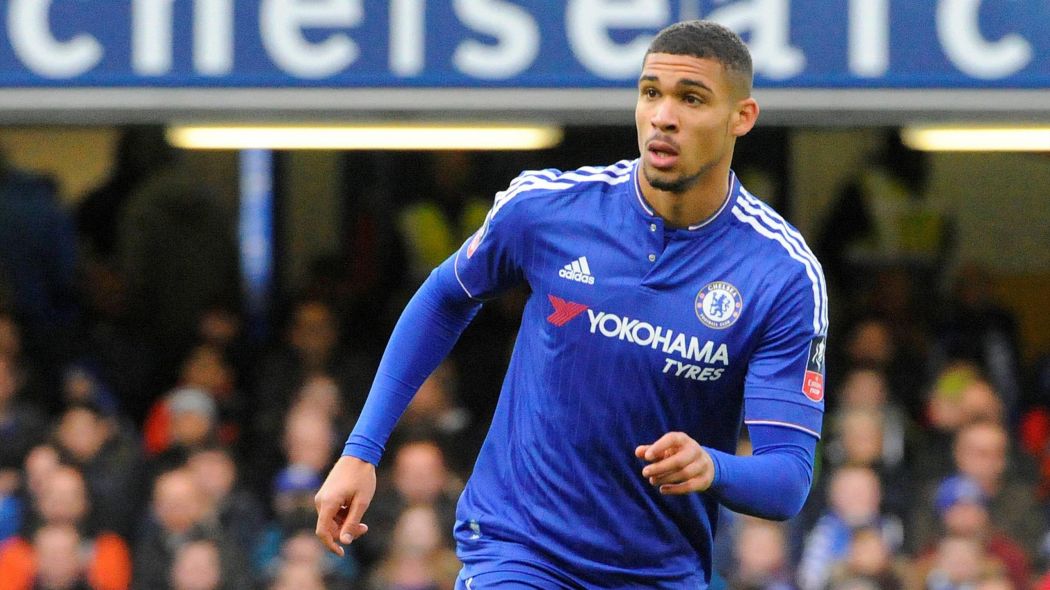
Take for instance Chelsea midfielder Ruben Loftus-Cheek. This is a player who has done nothing in the game whatsoever yet finds himself on a rumoured £35,000 a week contract.
Whilst I hope he proves me wrong, I cannot see Loftus-Cheek progressing and unleashing his potential sitting around at Chelsea if he just sits there collecting his pay packet. Another player likely to go to waste.
Pressure
This is undoubtedly one of the other major factors behind England failing at tournaments.
Before every single tournament we have fans and media hyping up England's chances of winning, which of course never happens.
We had the Golden Generation back in the 2000s with the likes of David Beckham, Rio Ferdinand, Steven Gerrard and Wayne Rooney, who were apparently going to win the World Cup. However, pressure got to them and it did not work out.
Part of the reason for this is that they, and subsequent generations, are simply not allowed to relax when they play for England. This ends up with the England team being like a broken kettle, getting to boiling point and exploding rather than simply switching itself off and cooling down.
For example, England winger Jesse Lingard recently posted a picture on social media of a games room at England's training base, St George's Park.
Some of the comments on this were unbelievable such as 'Why are they playing games instead of training?' and 'If they spent less time playing games then they would do well.'
The ignorance is amazing. Whilst it is no doubt a dream job, the life of a professional athlete is incredibly intense and players need to be able to relax.
The most successful teams emphasise as much on rest and downtime as they do on match preparation. For example, before pulling off an incredible victory against Spain in the Euro 2016, Italy were enjoying a game of table tennis rather than stressing about the match. Whilst they would have worked incredibly hard on the tactics, being able to wind-down beforehand was just as important.
Can you imagine the headlines if England had done that before a match?
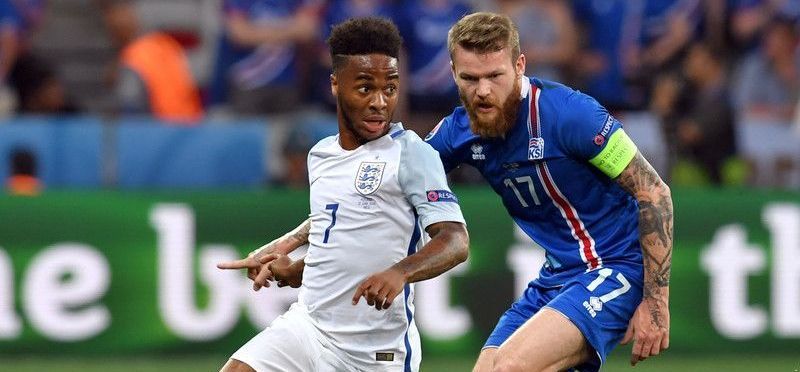
This constant criticism and pressure makes players scared of making mistakes which manifests itself on the field.
We do not see this with the U21 side. As they are not victims of constant media scrutiny, they are able to relax which leads to better performances, demonstrated by their impressive victory in the Toulon Tournament last May.
The need to relax is even greater at tournament level when there is a lot more pressure on the situation. This is a huge part of why England seniors fail and England U21s succeed at competitions — the latter is allowed to relax and enjoy it whilst the former is not.
Identity
When England get knocked out early in tournaments there is constant talk of revolutionising the system and how we should copy the Germans or the Spanish. The problem here is that, whilst England attempt to copy the Spanish and German plans from ten years ago, those two have already advanced another decade.
When the Spanish were dominating football, we were talking about playing 'the Spanish way' with lots of intricate passing. Then, when the Germans won the World Cup, we were talking about playing 'the German way' with their high pressing style.
Even Iceland, who beat England at Euro 2016, have their own identity and way of playing which works for them.
These other nations, no matter how big or small, have figured out what they are good at and used their strengths to their advantage — unlike England, who lack any sort of coherent identity.
I would argue that the best way for England to play is on the counter-attack. English players are poor on the ball by comparison to other countries but do have pace and power. This lends itself perfectly to the counter-attack.
This is my worry for the U21 side. Whilst they are winning games, they are doing so through possession football and I am not sure this will be able to translate itself to the first team when they come up against much better opposition in a more pressurised environment. They are simply not as good on the ball as other countries.
This links up with the first point. When the U21 players get too old for youth football they cannot get into the senior England squad due to lack of minutes at club level. That lack of bridge means that any philosophy and identity started at youth level cannot be transferred to the senior team as these players are cast aside by their clubs
What can be done?
Unfortunately, nothing.
The existence of the Premier League essentially means that English football is doomed forever.
Whilst the FA is the official head of football in England, we all know the Premier League are the ones who really run the game.
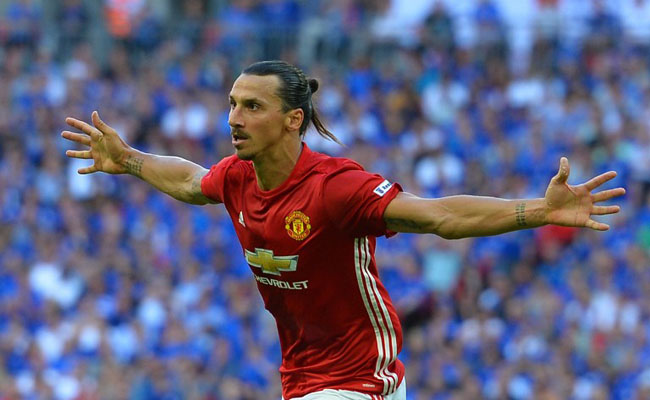
The FA need the money generated by the Premier League and are therefore stuck firmly under their thumb. The Premier League's aim is to make money and they do this by giving clubs lots of money to buy foreign stars in order to sell global television rights.
I do not mind clubs buying world class foreign players as playing alongside such great professionals means young players can learn from the best.
However, most clubs do not buy foreign stars and instead tend to spend the money on average overseas players.
The riches given for staying in the Premier League are now so mind-blowing that clubs will do everything to stay in it. This means they do a quick fix by buying foreign players in order to preserve their immediate top flight status instead of giving young English players a chance.
Giving these younger players a chance would no doubt help these clubs in the long-run but unfortunately it is all about the quick buck to be made by staying in the Premier League.
It is not just clubs but fans as well. They would rather their team stay in the Premier League than actually develop players for the good of English football.
This of course means that many home-grown players with talent are left on the scrapheap — just like Nick Powell and many others.
This lack of opportunity for home-grown players means that it is pointless to train anybody in the 'England identity'.
With this likely to continue happening, English football will constantly be stuck in neutral, or even reverse, gear whilst other nations constantly surpass them.
Unfortunately money and business comes before long-term football strategy in England and that is why the situation will never change.
UK
Новостная рассылкаПодпишитесь на рассылку лучших материалов «Спорт день за днём»